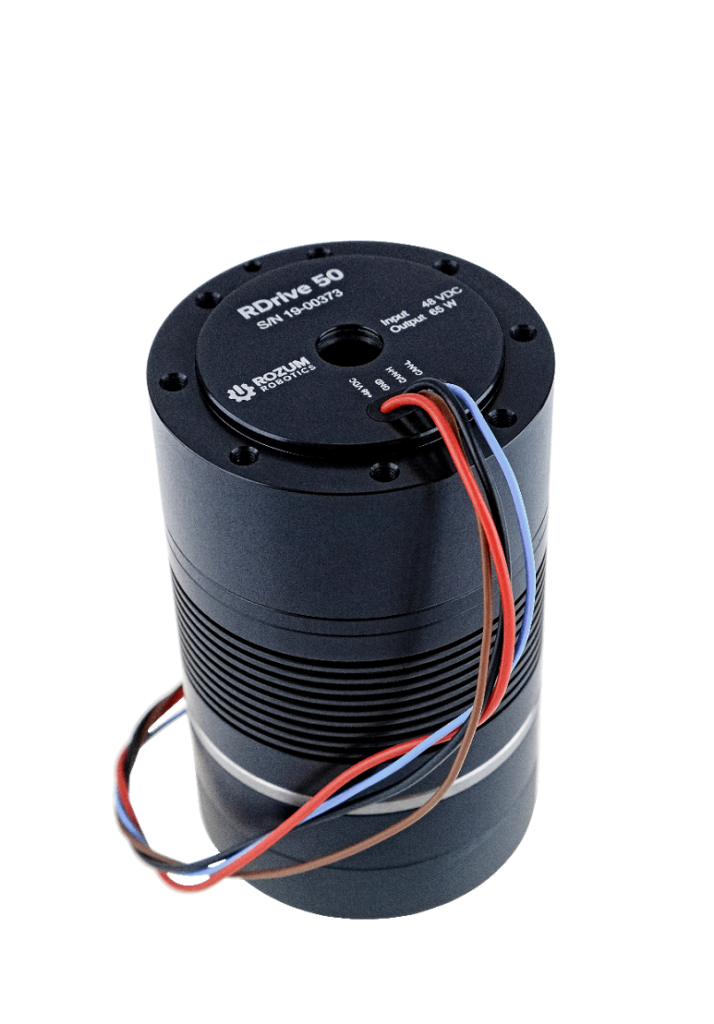When designing a system, choosing the right motors and controllers is just as important as choosing the right mechanical components. Choosing the right controller option can significantly cut down on cost and development time and effort. There are 3 major options for producing a control system: board-level controllers, box level controllers, and application-specific integrated circuit (ASIC) motion control chips. AC servo controller
Designing board-level controllers is the most labor-intensive option with the most risk and customizability. Using a prebuilt board or box level controller minimizes risk and development time but limits customization. Using an ASIC chip is a compromise between development time and customization.
There are a few things to consider while picking a controller:
Choose the Number of Axes
Servomotors are only able to move forward and backward on one axis. It is important to define how many axes a machine will need before deciding on a controller because each motor will need to be controlled. A common practice is to create a 3-axis machine using a Cartesian coordinate system (x, y, and z axes). This allows the machine to conduct basic computer numerical control (CNC) machining. If a fourth axis is added, it is usually rotational.
Defined Motion Set
There are a few options when defining how a machine will need to move. The simplest form of movement is independent linear axes. These axes do not need to coordinate with each other, and any set of controllers could be used, from multiple simple single-axis controllers to one complex multi-axis controller.
The next motion set is a linear coordinated set. There is little programming involved because the controller can handle all calculations. A coordinate is an input, and each motor is controlled to get the tool to that position. The controller also calculates the speed needed to get each motor to the right position at the right time.
Circular interpolation allows the controller to calculate the position and speed of the motors relative to each other. This motion can allow more complex shapes to be created than with linear interpolation including contours. The shapes are still limited due to the lack of linear motion.
The most advanced motion set is linear/circular interpolation. This motion set allows the controller to coordinate the position and speed of each motor during both linear and circular motion. Using an advanced motion set like the linear/circular set, the machine can create almost any 3D shape. A motion set like this is also capable of creating complex etchings and engravings.
Other Considerations
There are some considerations when choosing a controller other than the motion set. These include things like output, I/O configuration, and control set.
Output
Determining if the machine needs to use position or velocity control, how fast it needs to move, and the resolution it needs to be able to move at will determine if the controller needs feedback from an encoder. If feedback is needed, specific input and output frequencies are needed.
I/O Configuration
By adding other on/off (or I/O) feedback to a controller, other safety features can be added using limit switches. These can include gates to keep operators safe and end stops for the tooling to keep the machine safe.
Control Set
If a simple motion is needed, a simple controller with onboard programming can be used. If a more complex motion is needed, a user interface can be added to allow employees to make changes to the program and allow the program to collect data and use it as an input. The controllers with user interface are more adaptable for everyday conditions.
Choosing the Controller
After all these options are decided on, they create a description for the controller needed for the job. Many manufacturers make control boards that meet the specifications needed for almost any job. Some servomotor manufacturer’s like Rozum Robotics even include controllers with their servo packages.
